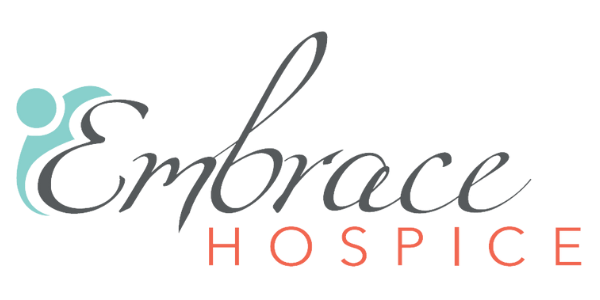Breast Cancer Awareness
The month of October is dedicated to speaking up and raising awareness about breast cancer. What is it? Who gets it? What can I do to avoid it? How can I help people with breast cancer? Breast cancer can be a devastating diagnosis, but increasing your knowledge about it can bring some relief from fear. Learning about breast cancer could help you or your loved ones decrease risk or find treatment
Statistics About Breast Cancer
The American Cancer Society estimates that breast cancer is responsible for 30% of all newly diagnosed female cancers annually. The following statistics reflect the impact of breast cancer in the U.S. in 2022:
- The average woman has a 1 in 8 risk of developing breast cancer over her lifetime.
- Breast cancer is one of the leading causes of cancer-related death for women in the U.S., after lung cancer.
- In all ages, Black women are more likely to die from breast cancer than all other demographic groups.
- Breast cancer death rates have decreased by 43% from 1989-2020.
- Nearly 300,000 women are expected to be newly diagnosed with invasive breast cancer in 2023.
- There are more than 3.8 million survivors of breast cancer in the United States, including those still receiving treatment.

What Is Breast Cancer?
Breast cancer is one of the most common cancers in women, second only to skin cancers in terms of prevalence. It is caused by a genetic mutation in the breast tissue cells that causes them to divide and grow without regulation. Depending on the type of breast tissue, and the specific genetic mutation involved, breast cancer may have different outcomes.
Once a tumor forms, cancer cells can metastasize by traveling through the bloodstream and settling in other parts of the body. If metastasis occurs, elimination of cancer can become more difficult. The two most common types of breast cancer are:
- Invasive ductal carcinoma: Cancer cells are formed in the breast ducts and then grow and invade other tissue types.
- Invasive lobular carcinoma: Cancer cells are formed in the lobules of the breast and spread to other nearby tissues and possibly to other parts of the body.
Studies of a tumor can reveal if a person’s cancer has particular receptors to respond to treatment. If a person has one of the three most common receptors found in breast tissue, cancer doctors can use therapy that targets the cancer cells with less extreme side effects.
What Can I Do for Myself?
There are many risk factors for breast cancer, but some of them can be controlled. To reduce the risk factors that contribute to breast cancer, you can:

- Exercise regularly: Lack of physical activity in women is associated with a higher risk of breast cancer.
- Strive to maintain a healthy weight: Women who are overweight or obese, particularly after menopause, have a higher risk of breast cancer.
- Healthy reproductive history: Women who become pregnant before 30, are able to breastfeed, or have full-term pregnancies have less risk. If you are able to control these factors, it can help reduce your risk of breast cancer.
- Avoid taking hormone therapy: For some women, the benefits of taking hormone therapy can outweigh the associated increased risk of breast cancer. Be sure to discuss with your doctor to assess your risk before taking hormone therapies.
- Moderate alcohol intake: Studies have shown an increase in breast cancer risk that correlates with increased alcohol intake.
- Know your own risk factors: If you have a family history of breast cancer, talk to your doctor about lowering your risk.
If you have a high risk of breast cancer, performing regular self-examinations can help catch it early. Early diagnosis may allow for a more successful treatment. Your trusted medical professionals can help you figure out an exercise routine, diet, and screening schedule to keep you with your loved ones as long as possible.
What Can I Do for Awareness?
Though significant progress has been made in the field of breast cancer treatment, there is still more that can be done. Speaking openly about breast cancer, supporting the American Cancer Society and other organizations that research cancer treatment, and encouraging your loved ones to be regularly screened can reduce the impact of breast cancer on society.
Ask questions and learn about breast cancer. Awareness starts with yourself! Working together, it is possible to minimize the influence of breast cancer in our communities. Our team is available to help navigate you to recourses that can help you or a loved one.

